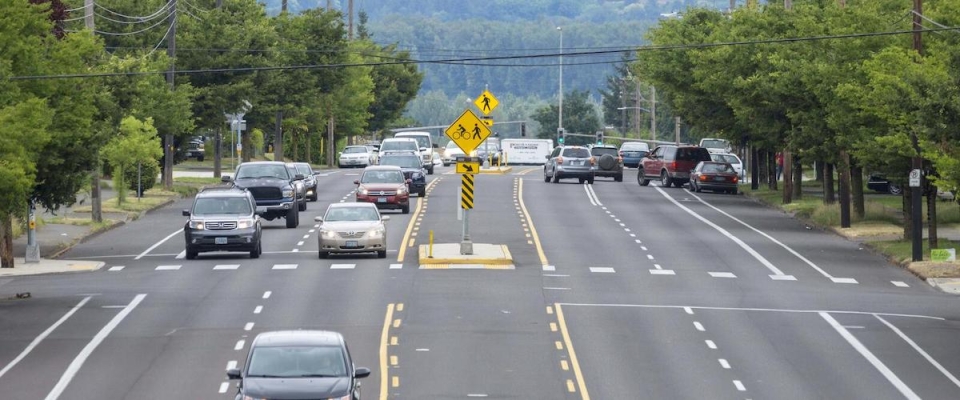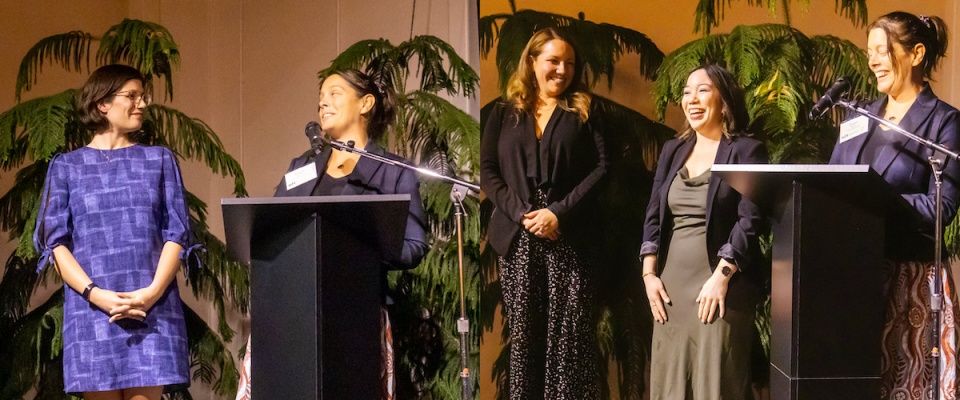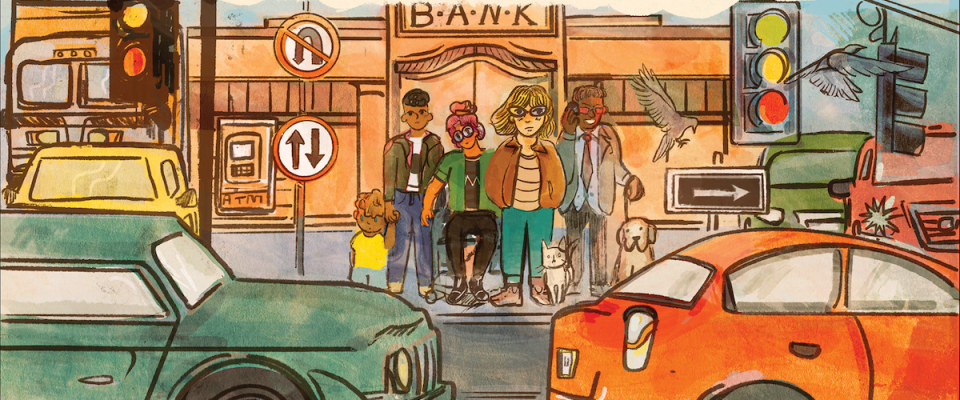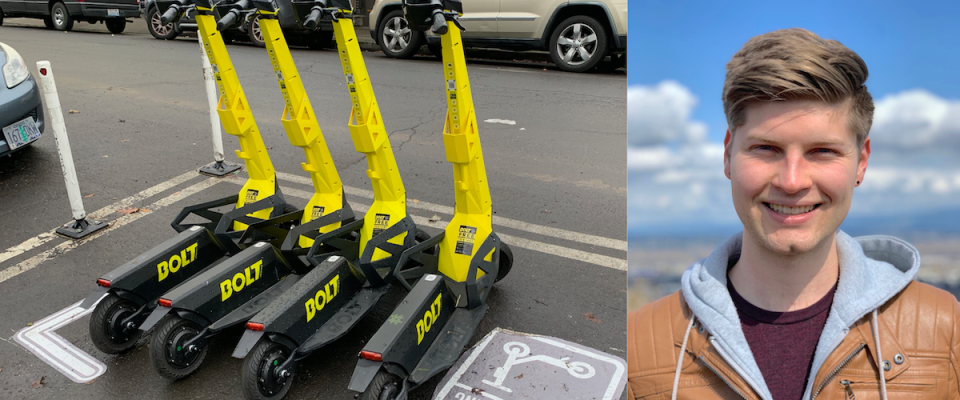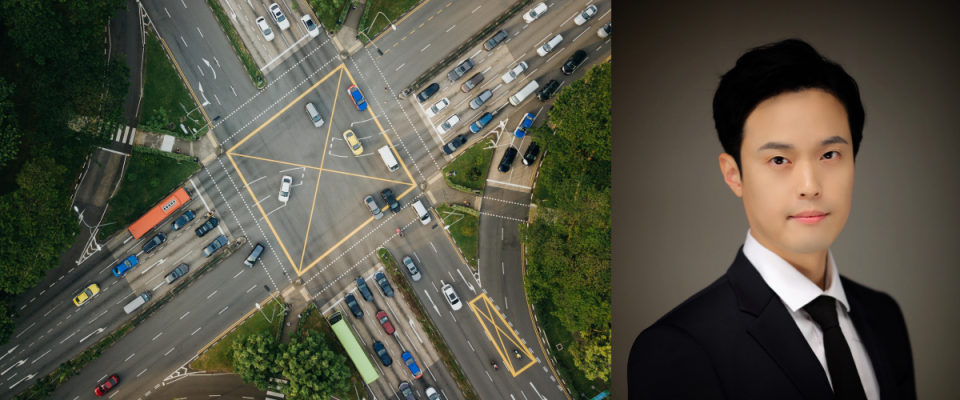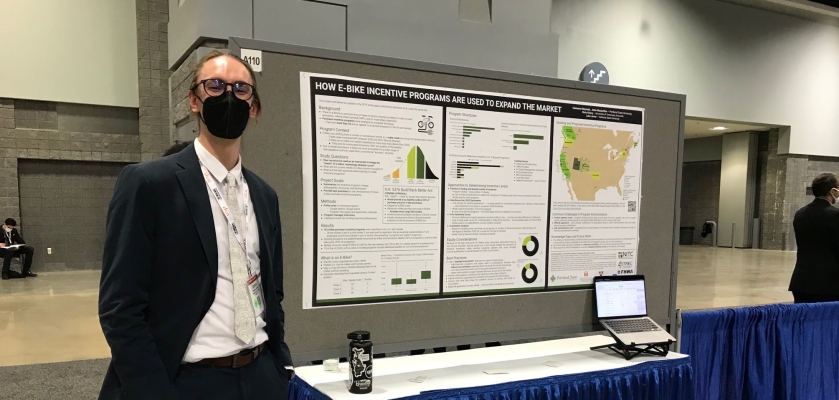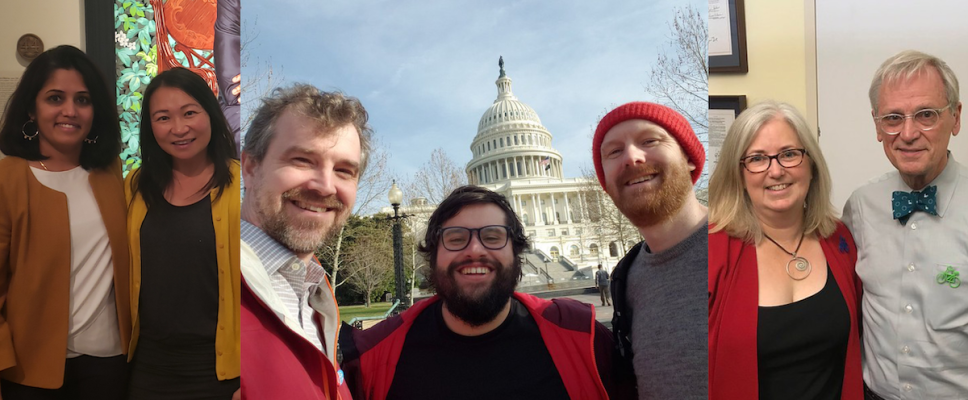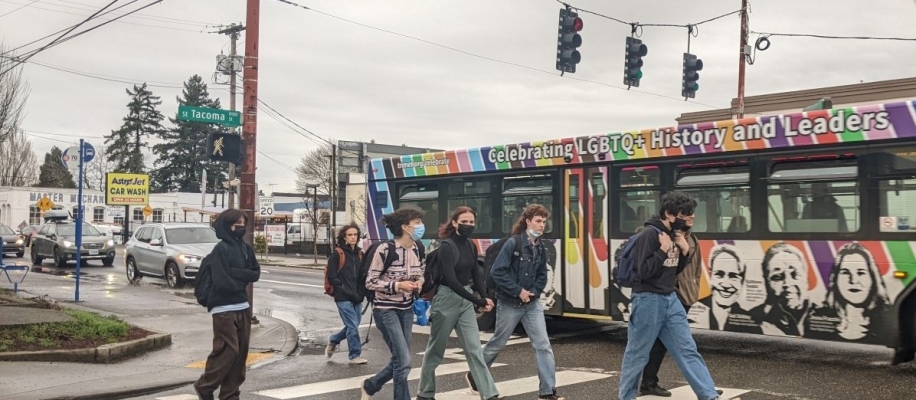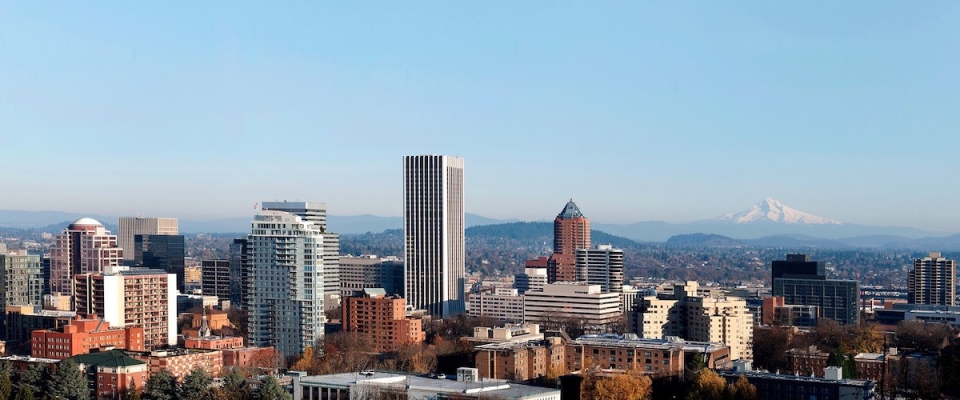Portland State University transportation researchers will partner with the Portland Bureau of Transportation (PBOT) to evaluate a new project on 122nd Avenue in Portland, Oregon.
The Bipartisan Infrastructure Law (BIL) established the "Safe Streets and Roads for All" program to provide $5-6 billion in funding to support regional, local, and Tribal initiatives to prevent roadway deaths and serious injuries. On Feb. 1, 2023, U.S. Transportation Secretary Pete Buttigieg announced $800 million in grant awards for 510 communities through the first round of funding for the Safe Streets and Roads for All (SS4A) grant program.
See the full list of awarded projects here.
PBOT was awarded $20 million to make 122nd Avenue safer for all road users, and around $250,000 of that will go toward a research project to evaluate the effectiveness of the new safety treatments. The project will employ low-cost, high-benefit treatments on 5.5 miles of 122nd Avenue in...
Read more
